The Comprehensive Security Cooperation (CSC) course 23-1 offered Fellows the opportunity to network while gaining insight into critical security issues in the Indo-Pacific region. Fellows explored topics such as Maritime Security in the South China Sea, Irregular Warfare and Counterterrorism, Cybersecurity, Misinformation and Disinformation, and Economic Security.
This iteration of CSC featured an increased emphasis on building critical thinking skills. The course management team, led by Professor Sam Mullins, reviewed the previous course, and found a need to dedicate more time to critical thinking skills. They revamped the critical thinking lecture and placed it at the top of the schedule, added a tabletop exercise, and included an entire set of electives on critical thinking. According to Mullins, the goal was to improve the analytical skills of security practitioners throughout the region.
Said Mullins, “Ultimately, we are helping Fellows to objectively and systematically think about really complex problems. While we won’t always be able to find solutions to all these issues, we hope they will be more effective security practitioners who can better analyze the complex problems they are dealing with in their jobs.”
The course ran from Feb. 15 to March 22, and 81 Fellows from over 30 nations participated, representing every sub-region in the Indo-Pacific, as well as Europe, Africa, and the Americas. The course allowed Fellows to select one of three concentration areas: Maritime Security, Cybersecurity, and Economic Security. In an end-of-course survey, Fellows reported that CSC significantly improved their critical thinking skills and their understanding of the geo-strategic environment of the region.
“As a security practitioner for almost 20 years and a Coast Guard officer, I thought I knew enough about maritime security,” said Eduardo De Luna from the Philippines. “But when I came to the Center, I was overwhelmed. [My experience] changed my awareness and understanding of the whole world. It makes me a better officer when I return to my country.”
As part of their participation, each fellow developed an Applied Learning Project (ALPS), formerly known as the Fellows Project, which they will implement upon returning to their home country. The projects covered a variety of topics, from “Combatting Terrorism in Malaysia” to “Raising Awareness of Cybersecurity in Thailand’s Government” to “Addressing Drug Trafficking in Fiji.”
The Foundation of Fellowship program provided several opportunities for Fellows to participate in outings and team building events. They included a class trip to Bellows Beach, visits to Kualoa Ranch, Polynesian Cultural Center, and the Arizona Memorial. In the final week of the course, the Taste of the World event celebrated the many cultures represented in the class with music, food, and dance.
“We met people from different backgrounds and cultures. That was the best experience for me,” said Gannge Gamaethige from Sri Lanka. “We not only understood their experiences but their culture.”
Following CSC 23-1, Mullins handed the reins of course manager to U.S. Navy Cmdr. Liam Connel. Connel will lead the course management team for the next iteration of CSC, which will commence on May 24, 2023.
For more information on CSC, visit the CSC course information webpage.


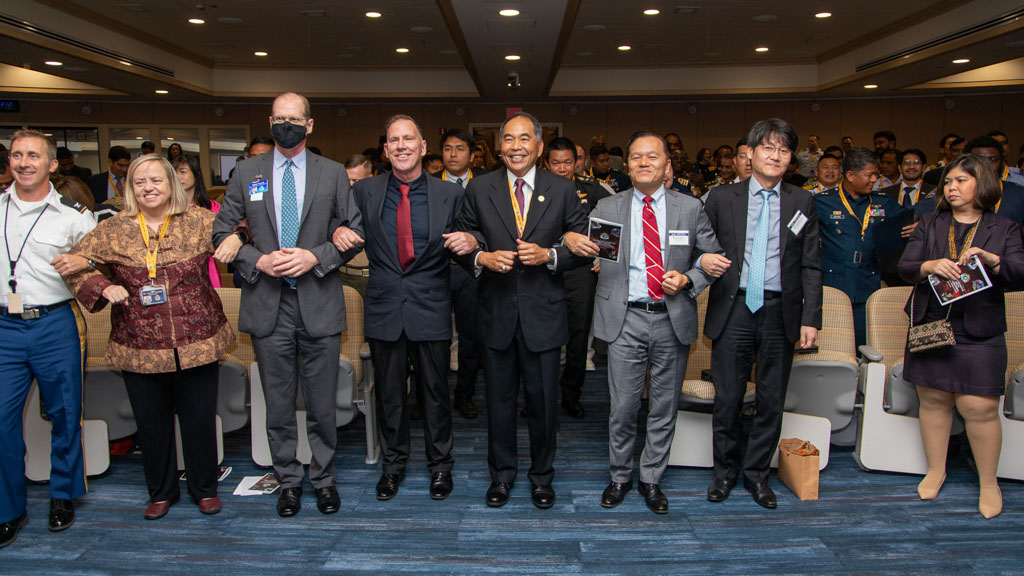
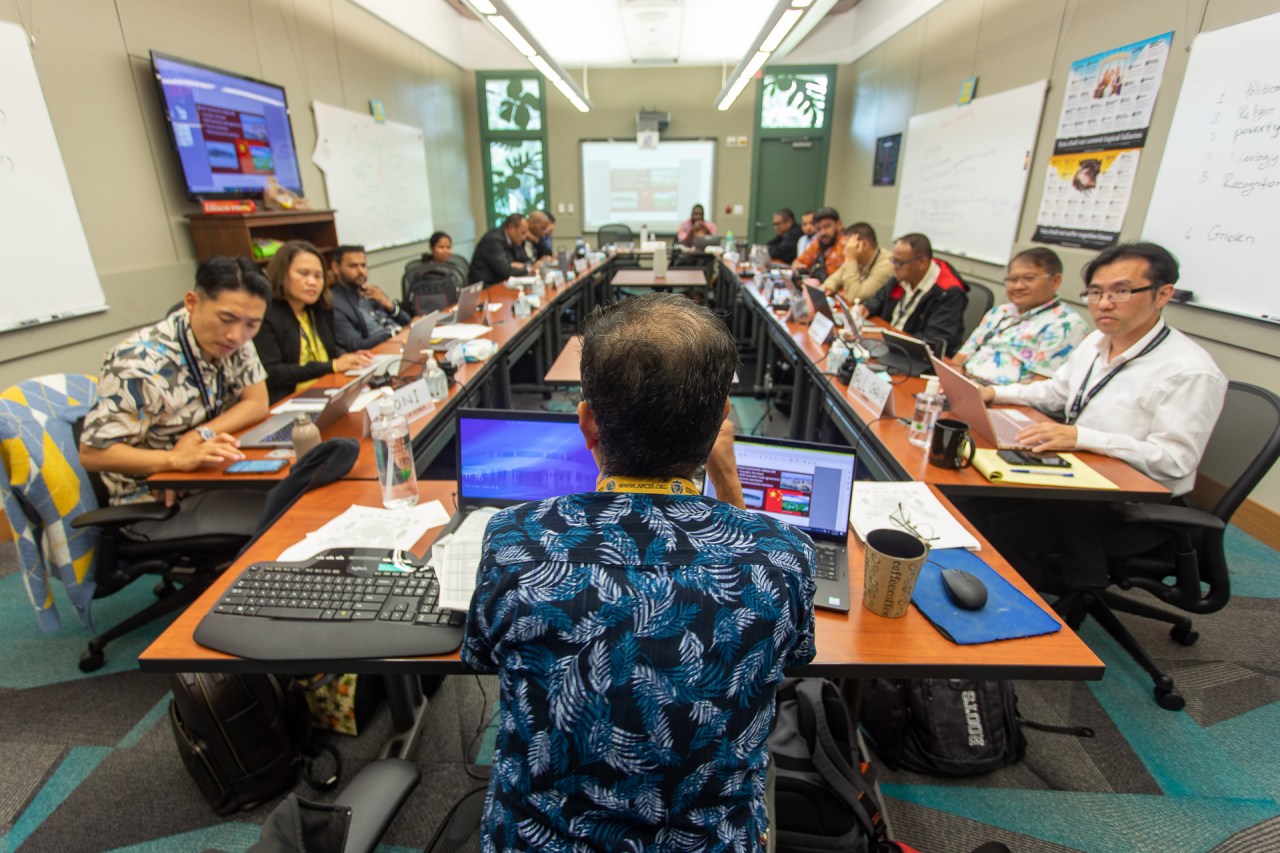
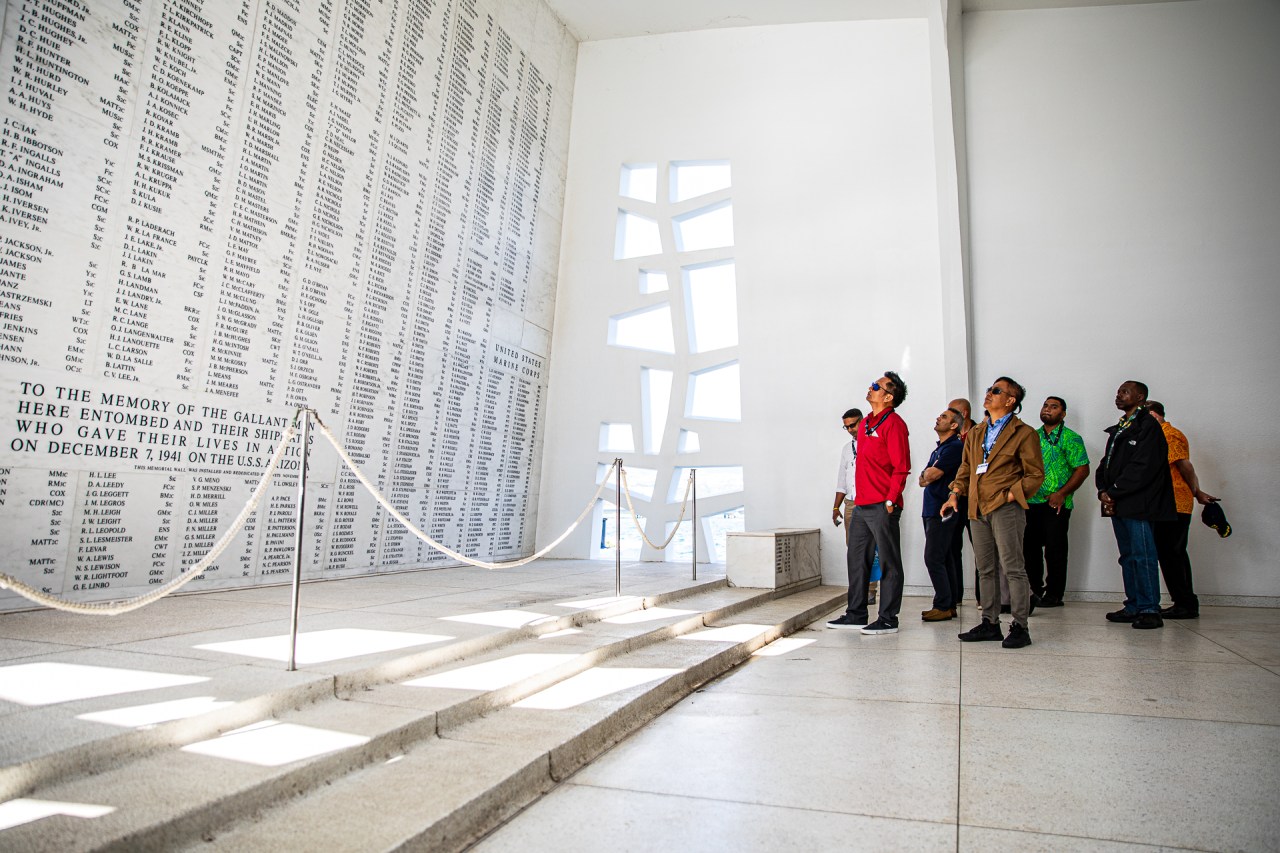
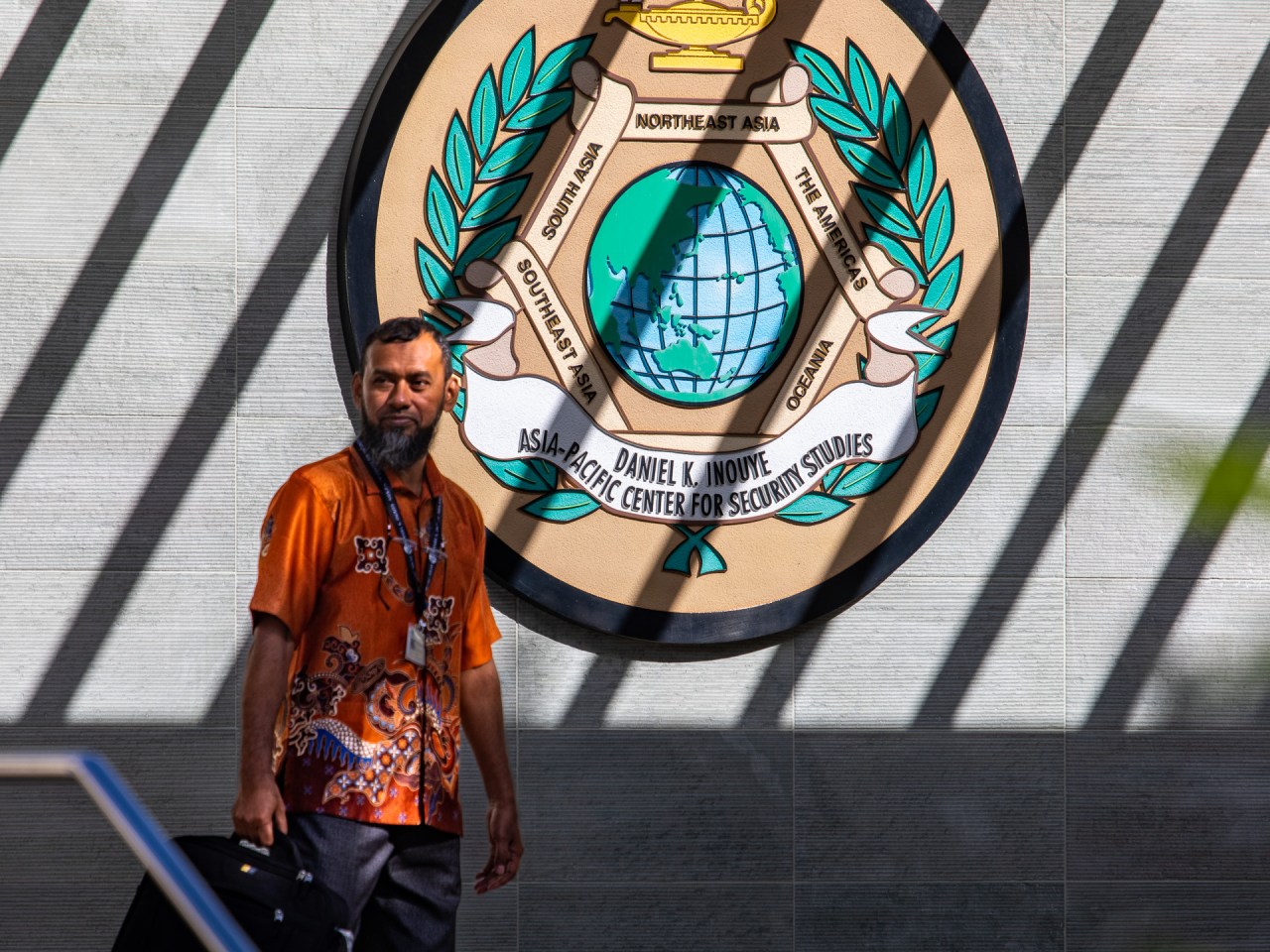
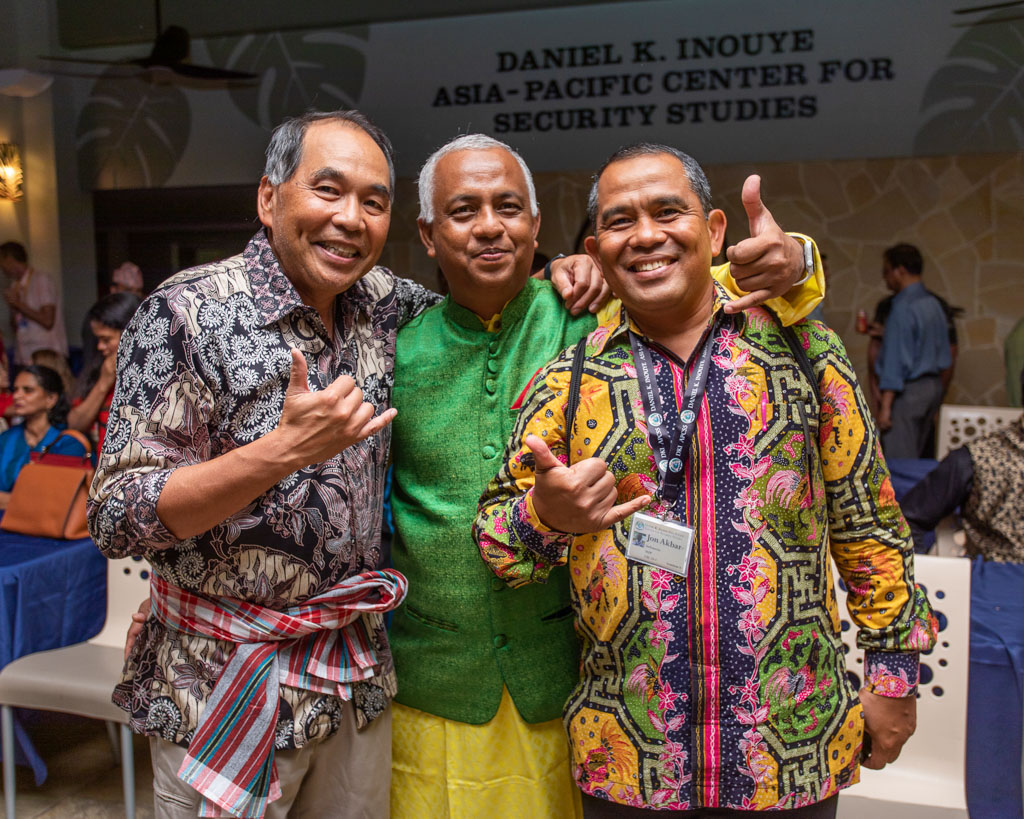
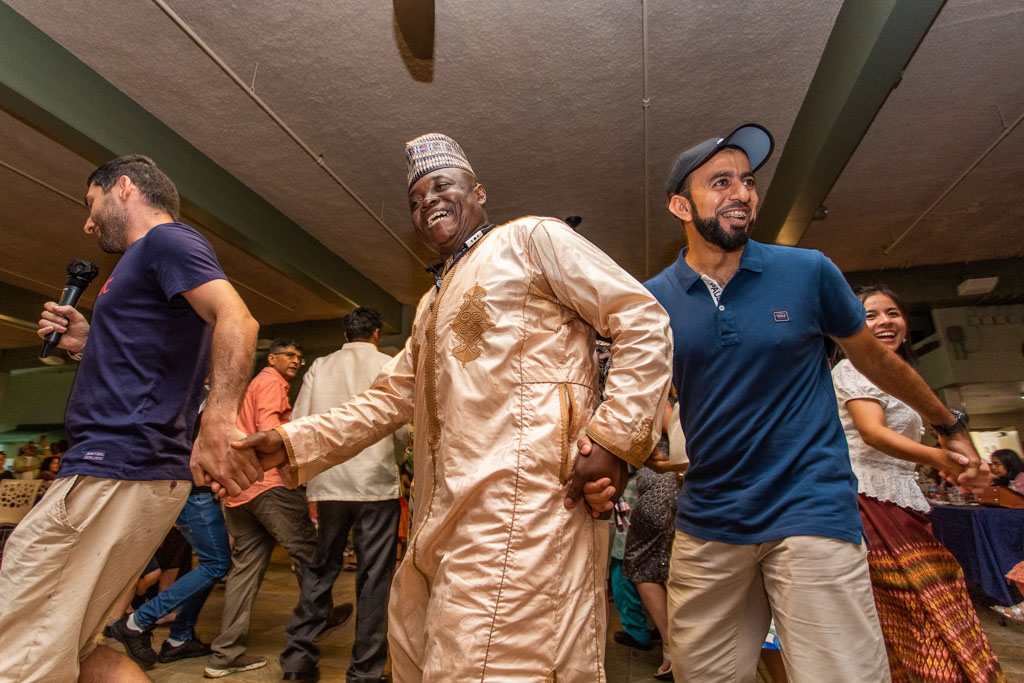

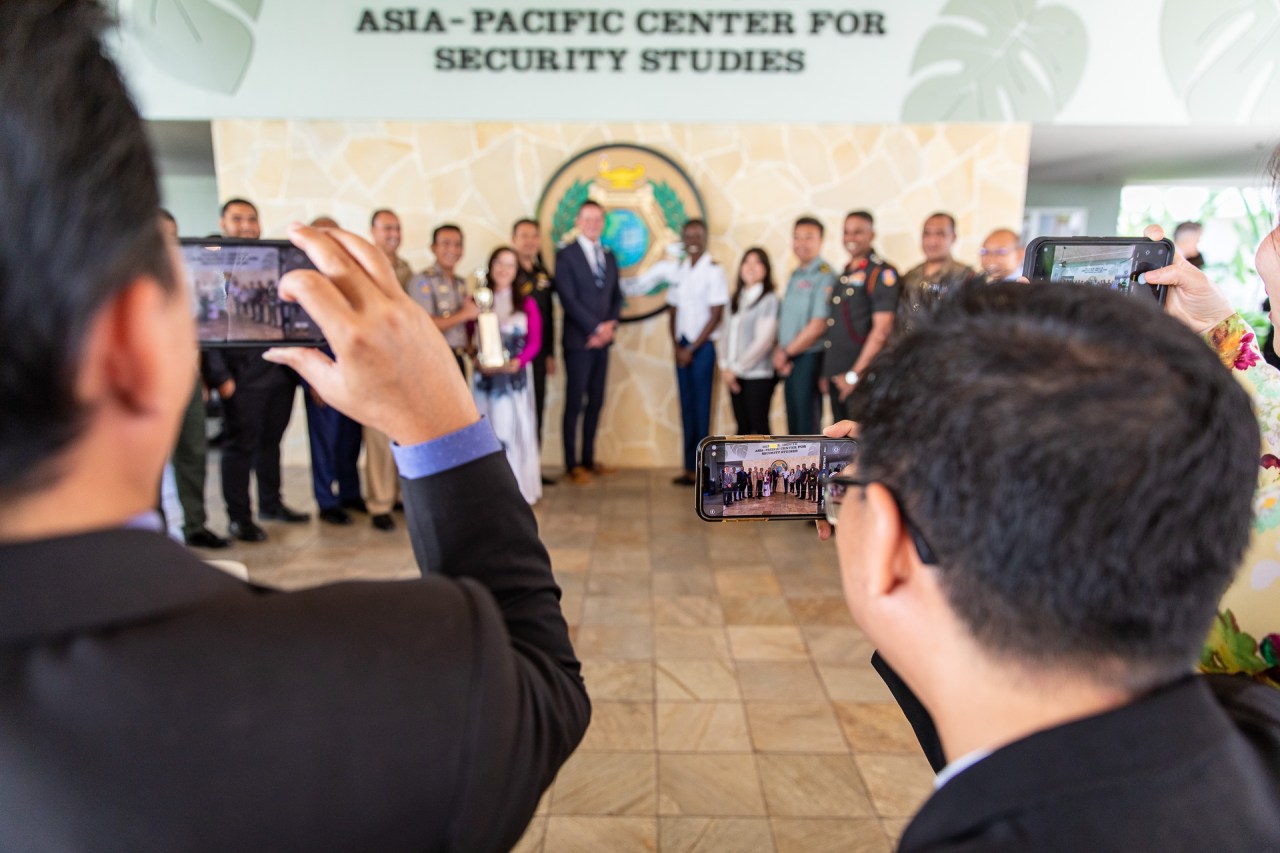
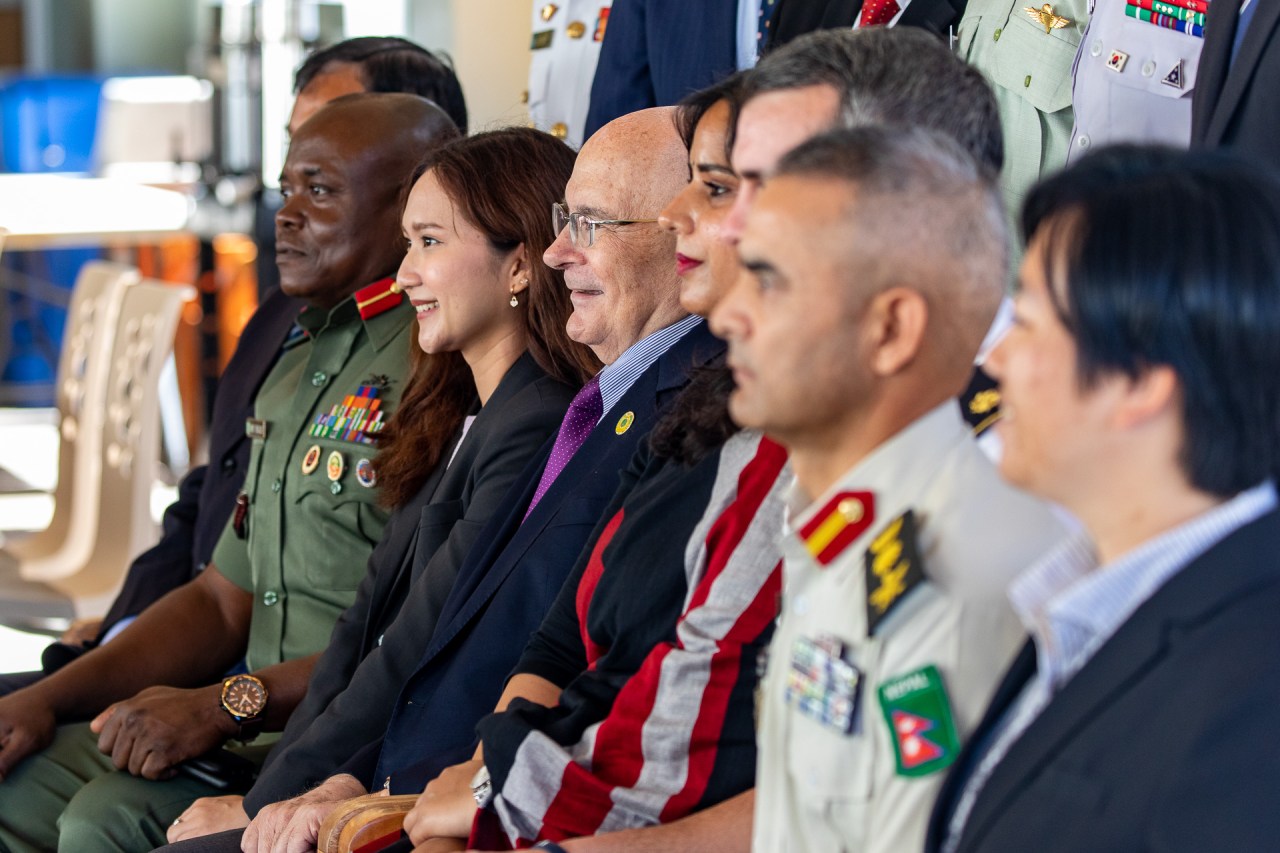

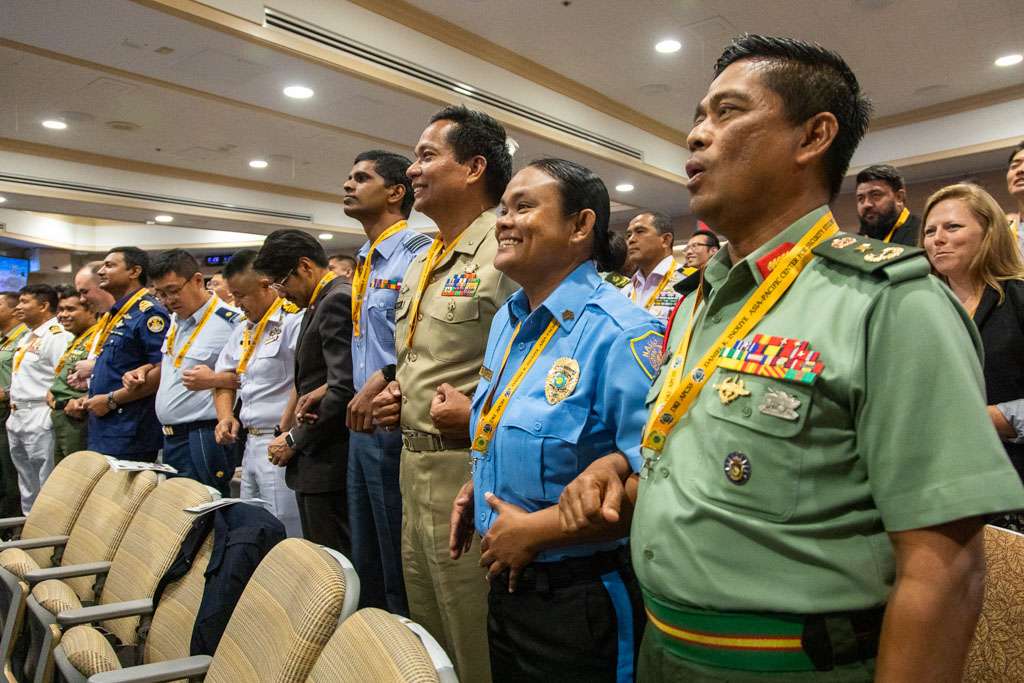
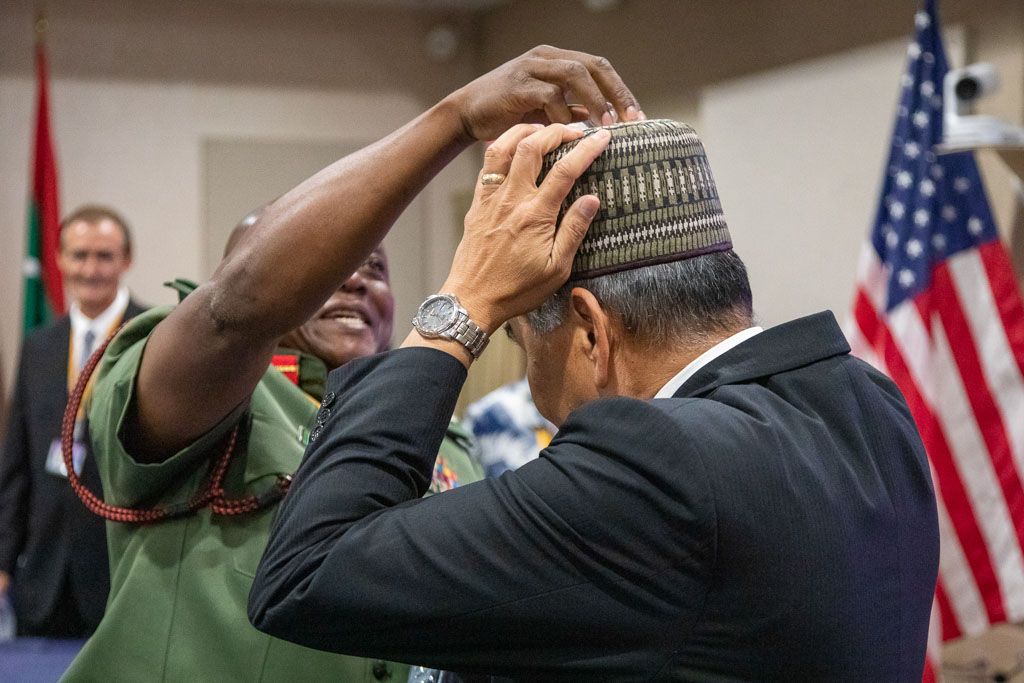
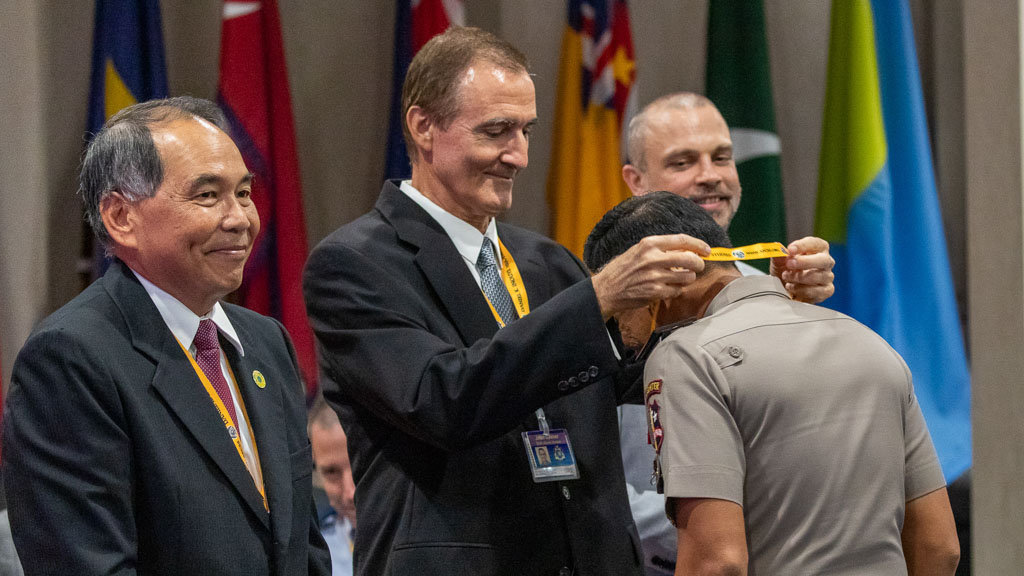
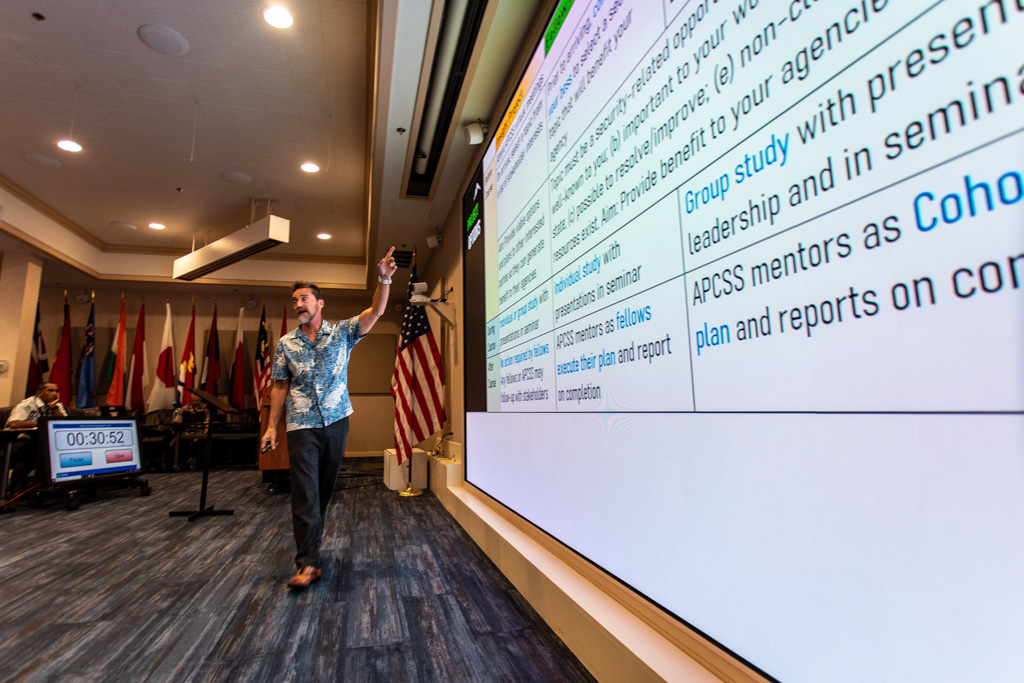
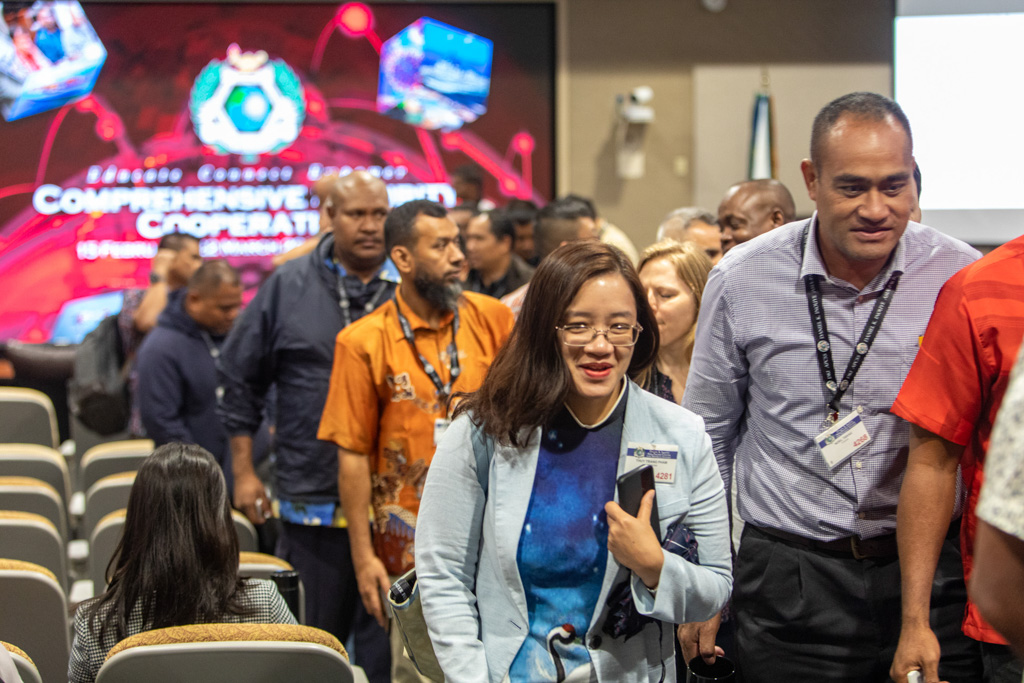
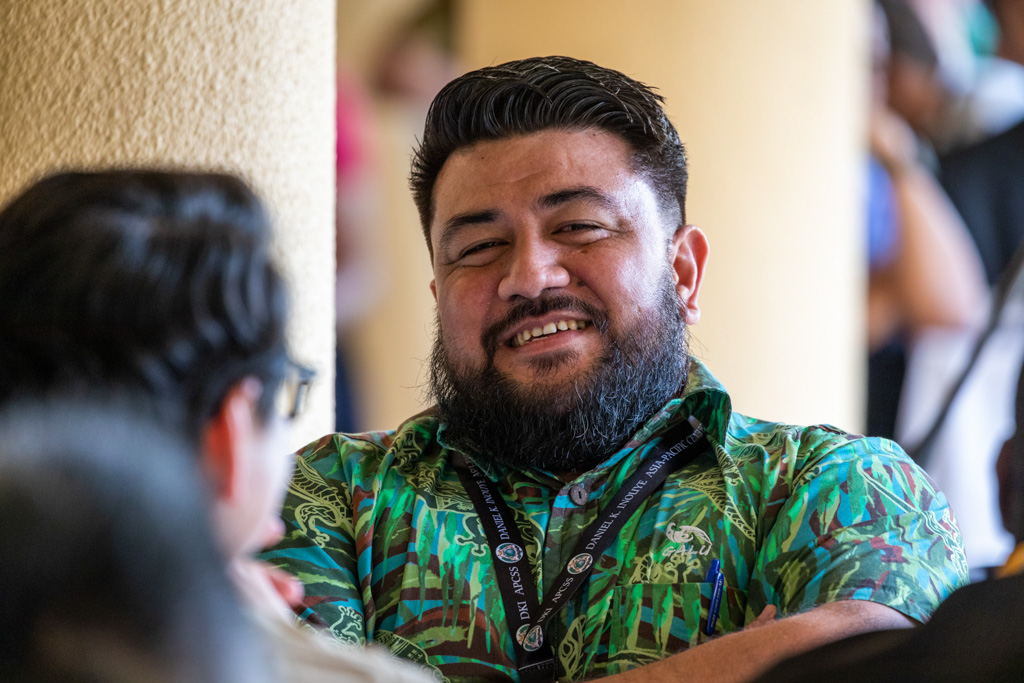
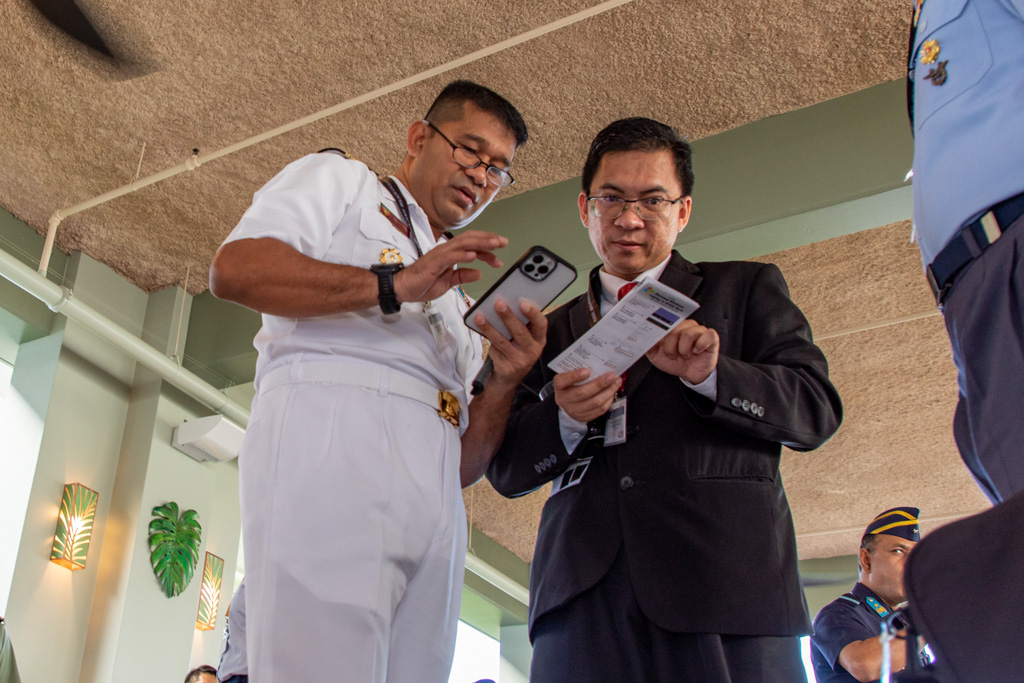
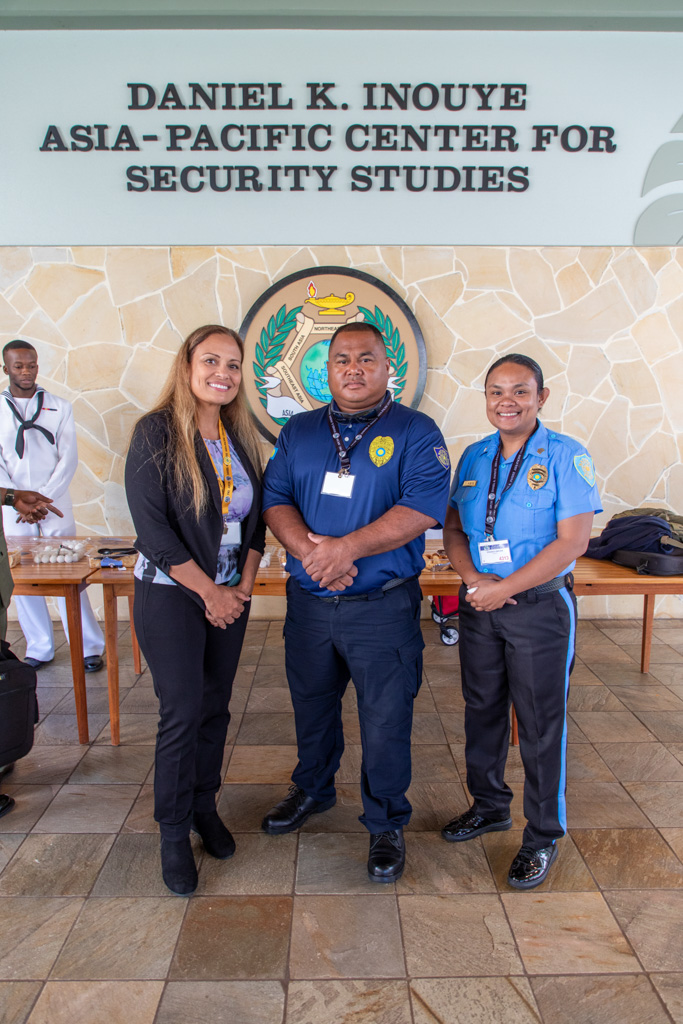


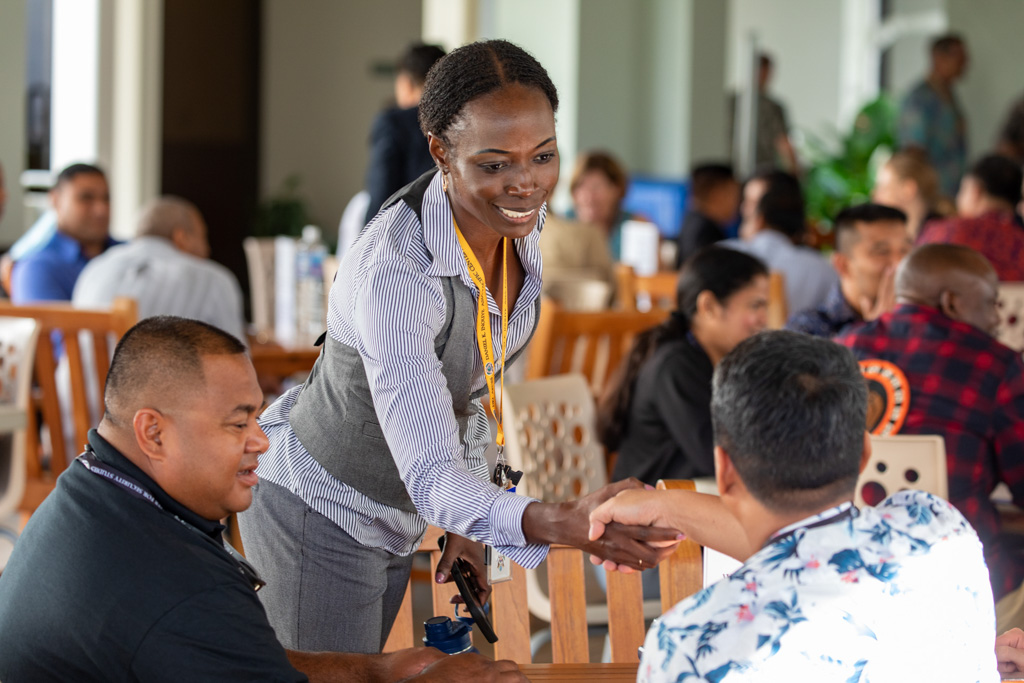
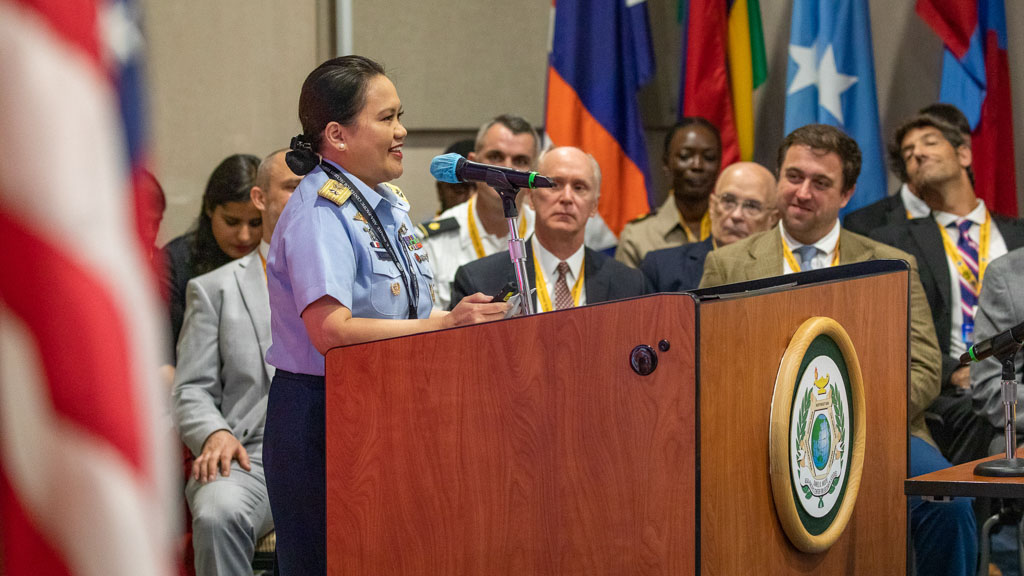
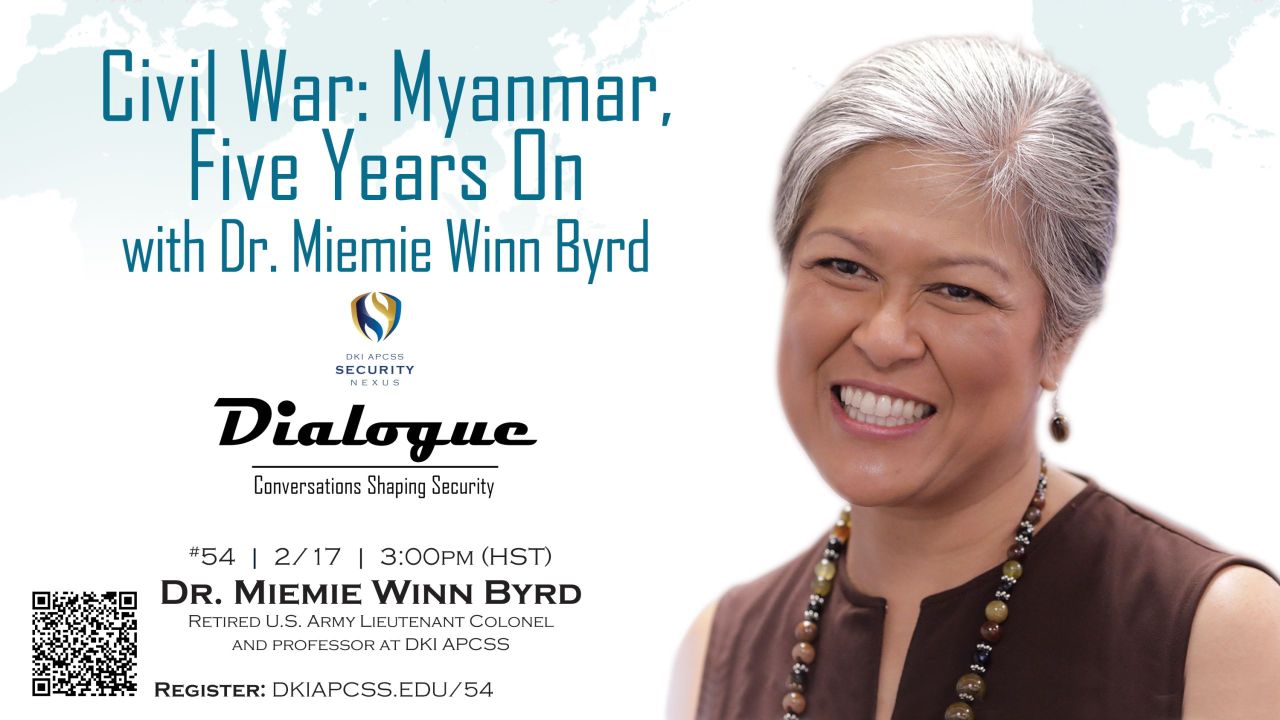

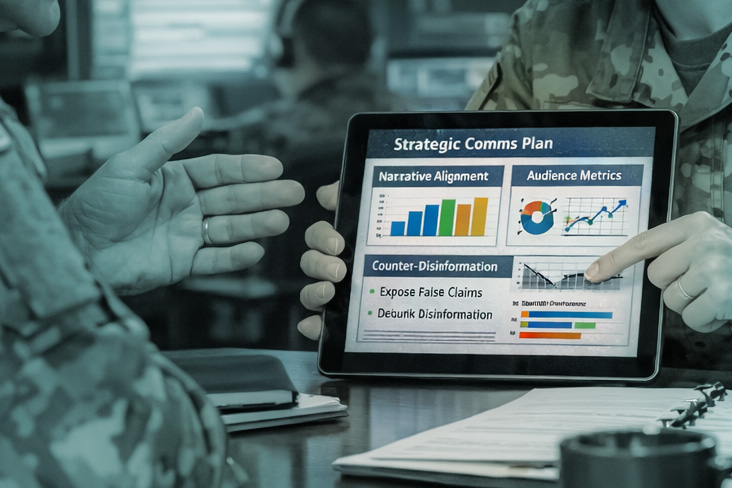




Leave A Comment